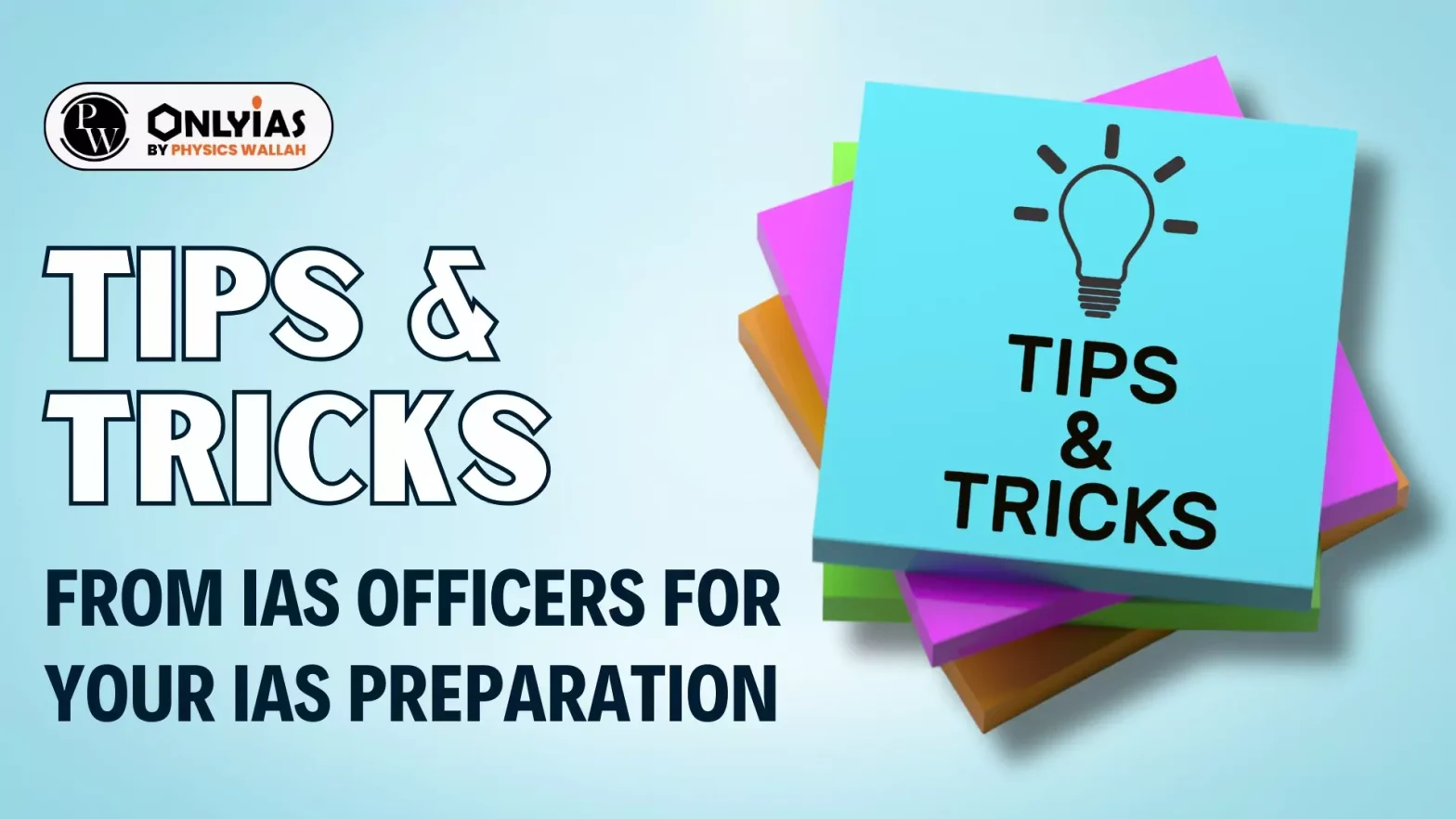

IAS officers like Shruti Sharma, Srushti Deshmukh, Tina Dabi, Abhishek Singh, Pradeep Gawande, Tanu Jain, etc., cleared all the three stages of the IAS exam with flying colours and are currently living the life they dreamt of.
In various interviews and podcasts, these IAS officers have shared their ‘success mantra’, which led them to be at one of the highest positions in the country. Below we have compiled all their advice and devised an IAS Preparation strategy for the IAS aspirants.
So, if you are looking for an effective guide to ace your IAS exam, this blog is for you.
“I am very happy with my result. My strategy was sticking to the basic book NCERT and making my own notes from newspapers or coaching material and focus on answer writing practice for better presentation. I’ve used social media in a balanced way”; says Shruti Sharma, IAS Rank – 1 of UPSC Civil Services, 2021.
“UPSC is a long journey where you are committed for 1-1.5 years. I had decided that my first attempt is my last attempt and I was determined to clear it in one attempt”; says Srushti Deshmukh, AIR Rank 5 of UPSC Civil Services, 2018-19.
“I think if you put in the requisite amount of hard work and dedication, then it doesn’t matter if you are from a science or and arts background. I am from an arts background and I have proved that hard work pays off”; says Tina Dabi, IAS Topper, IAS Topper of UPSC Civil Services, 2015.
“Never forget the fact that the fear and stress of failing, losing your job, family and financial issues, lacking motivation for a few days are some of the challenges every single one of us face while preparing, even the toppers, you are not alone and so just like the toppers, you can handle them too. Never let that instinctive voice say to you that you can not clear this examination, and if your inner voice believes in your potential you will keep going”; says Abhishek Kumar Singh, Rank 244 UPSC CSE 2018.
“I believe that you have to do a lot of hard work, have extreme focus and discipline yourself if you wish to achieve this target. Preparation is a difficult time for each candidate. It tests your every ability. Anything worth having has never been easy and will never be easy, so enjoy your struggles. Hard work and integrity will never go out of fashion. Be patient and stay motivated; things will happen at their own pace and time”; says Dr. Tanu Jain, UPSC CSE Topper 2014.
It is no secret that an increasing number of IAS aspirants are turning to technology to make their preparations more efficient and effective.
IAS Officers have gone through the same journey of preparing for their IAS exams and have benefited from their experiences. With the tips and tricks shared here, you can learn from their mistakes and gain some insight into how you can better prepare for the IAS exam. With the right attitude and dedication, you will surely reach your goal of becoming an IAS Officer.
Q1. How can I prepare for IAS on my own?
Ans: Preparing for the IAS exam on your own requires discipline and dedication. If you are planning to prepare without assistance, there are a few steps you can take to increase your chances of success.
First, you should create a realistic IAS preparation plan that covers all exam topics and allocate deadlines per topic. Secondly, budget your time wisely and set daily goals to keep yourself on track. Thirdly, focus on learning the concepts instead of just memorising the materials.
Finally, practice in mock tests and debates to get a feel for the exam and test your preparedness level.
Q2. How to become an IAS in the first attempt?
Ans: To become an IAS officer in the first attempt, you must have a good study plan and practice. A good plan should include the following:
Make sure you have plenty of time to revise the material and take practice tests to be better equipped. Forming a study group to focus on and discuss topics that might be hard to understand is also helpful. With a well-prepared mindset, commitment and hard work, you can achieve a successful IAS career on your first attempt.
<div class="new-fform">
</div>